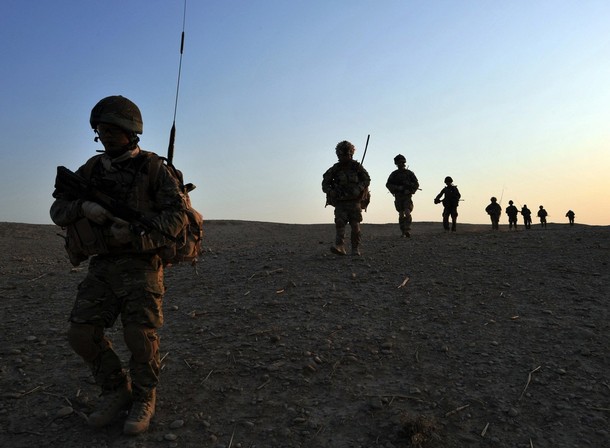
From Ross Douthat, the New York Times: But if the current counterinsurgency campaign collapses, it almost guarantees that some kind of American military presence will be propping up some sort of Afghan state in 2020 and beyond. Failure promises to trap us; success is our only ticket out.
Why? Because of three considerations. First, the memory of 9/11, which ensures that any American president will be loath to preside over the Taliban’s return to power in Kabul. Second, the continued presence of Al Qaeda’s leadership in Pakistan’s northwest frontier, which makes it difficult for any American president to contemplate giving up the base for counterterrorism operations that Afghanistan affords. Third, the larger region’s volatility: it’s the part of the world where the nightmare of nuclear-armed terrorists is most likely to become a reality, so no American president can afford to upset the balance of power by pulling out and leaving a security vacuum behind. …
Advocates of a swift withdrawal tend to see [Vice President Joe] Biden as their ally, and in a sense they’re right. His plan would reduce America’s footprint in Afghanistan, and probably reduce American casualties as well. …
It wouldn’t actually eliminate the American presence, for one thing. Instead, such a plan would concentrate our forces around the Afghan capital, protecting the existing government while seeking deals with some elements of the insurgency. History suggests that such bargains would last only as long as American troops remained in the country, which means that our soldiers would be effectively trapped — stuck defending a Potemkin state whose leader (whether Hamid Karzai or a slightly less corrupt successor) would pose as Afghanistan’s president while barely deserving the title of mayor of Kabul.
At the same time, by abandoning any effort to provide security to the Afghan people and relying instead on drone strikes and special forces raids, this approach would probably produce a spike in the kind of civilian casualties that have already darkened America’s reputation in the region. …
Such ironies suggest that if the current strategy proves ineffectual, the alternative that the Obama administration falls back on won’t be remotely antiwar. Instead, it will be a recipe for still more dead Afghans and a near-permanent military presence. …
So this is what General Petraeus will be fighting for, across the next year and more — not to keep us in forever, but to seize what may be our last chance at getting out. (photo: Getty)
Image: getty%206%2029%2010%201st%20Battalion%20Royal%20Gurkha%20Rifles.jpg
